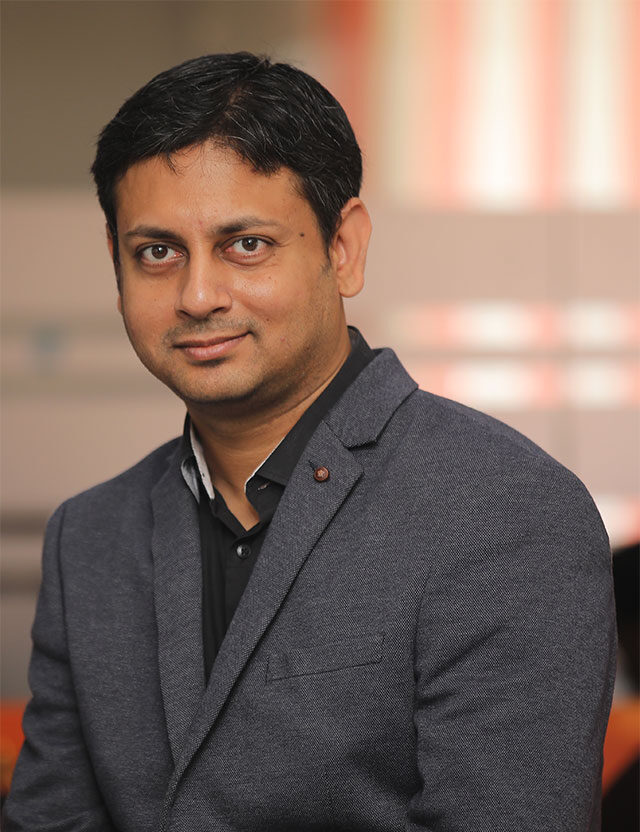BUSINESS
Sandipan Mitra’s HungerBox Adapts to the New Normal in Corporate Cafeterias

In a virtual town hall meeting, against the backdrop of a damp Friday in July, Sandipan Mitra faced the challenge of addressing his HungerBox team for the first time since the lockdown in March. With business plummeting by 75 percent, the CEO recognized the need for a trial by fire, uncertain of the questions that awaited him but determined to provide the right answers. HungerBox, co-founded by Mitra and Uttam Kumar in August 2016, was confronting a new reality shaped by the prolonged lockdown, remote work becoming the norm, and deserted cafeterias across the 18 cities where the start-up operates.
Addressing around 450 employees via Google Meet, Mitra acknowledged the challenging environment. He reminisced about the humble beginnings of HungerBox, where four individuals had embarked on a journey with no established business model, customers, or brand. Despite the current turmoil, Mitra drew confidence from HungerBox’s proven business model, impressive growth—from ₹9.6 crore to ₹48 crore in revenue over two years—and a robust client base that included seven of the top 10 IT firms. The CEO emphasized the hunger to succeed as the driving force to rebuild and remain resilient in the face of adversity.
Sandipan Mitra’s entrepreneurial journey traces back to 2006 when he founded India’s first online foodtech platform, HungryBangalore. The venture, later renamed HungryZone, was acquired by UK-based foodtech player JustEat in 2011. Subsequent acquisitions by Foodpanda marked Mitra’s exit from the startup, setting the stage for his next venture—HungerBox in 2016. The transition from conventional professional jobs to entrepreneurship reflected Mitra’s hunger for something different and innovative.
The early days of HungerBox were fraught with challenges, including navigating the complexities of the unorganized cafeteria business and facing skepticism from investors due to the lack of a US-based business model. However, Mitra and his team persevered, securing backing from investors like NPTK, Sabre Partners, and Neoplux. The turning point came with a significant funding round of $12 million in December 2019, featuring Paytm among the investors. HungerBox’s impressive numbers—processing over 2 lakh orders a day—caught the attention of Paytm Founder Vijay Shekhar Sharma.
As the COVID-19 pandemic disrupted workplace dynamics, HungerBox had to quickly adapt to the new normal. Business plummeted, but Mitra’s agile leadership and the team’s expertise in digital cafeteria management positioned the startup for the long haul. The company’s investors, including Paytm, expressed confidence in HungerBox’s ability to weather the storm. The startup rolled out a range of offerings tailored to the post-pandemic world, including safe café modules, contactless food ordering, and vitals tracking for kitchen staff.
While the institutional food market faces uncertainty due to seismic changes brought about by the pandemic—such as the widespread adoption of remote work—HungerBox remains optimistic. The company’s recent success in signing 15 new clients and the increasing need to digitize cafeterias present silver linings. Mitra remains determined, stating, “We just need to keep our hunger intact.” The HungerBox team, despite the challenges, is poised to navigate the storm and emerge resilient in a transformed corporate cafeteria landscape.
In conclusion, Sandipan Mitra’s HungerBox journey epitomizes the entrepreneurial hunger to overcome challenges and innovate, even in the face of unforeseen disruptions. As HungerBox adapts to the new normal, its focus on resilience, digital solutions, and unwavering determination reflects the spirit of entrepreneurial leadership in navigating uncharted waters.
